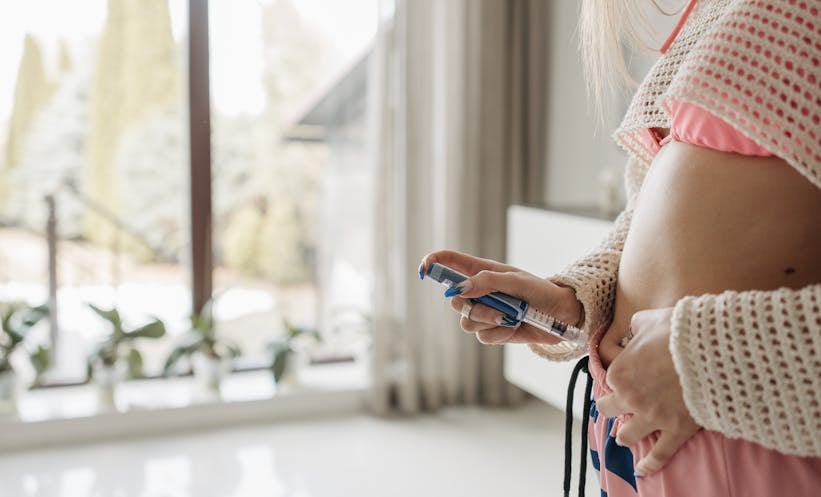> Does that sound too good?
I find they always do.
The devil is in the details. You probably need someone capable of reading and understanding the actual study which seems to be
here rather than the PR/fluff articles.
I'm capable of reading, but my understanding is very limited, but the thing that stands out to me is the phrase -
The patient was under regular immunosuppression for liver transplant maintenance.
Since the problem with all the other similar experiments has been the fact that our faulty immune system ends up killing the new insulin producing cells, that is a pretty important factor and there is no indication (or even suggestion) that the treatment would work without immunosuppression.
Researchers hope that, with further trials, stem-cell therapy may soon become a viable option for millions suffering from T1D globally.
(That quote is from the article you posted and definitely not from the actual study).
They may "hope", but nothing in this study suggests they have any reason to believe that - and so they, like us, are really just hoping for a miracle.
As an aside, one of the things in the study I found interesting was the comment :
According to recent reports, only approximately 25% of patients with T1D meet the ADA-recommended HbA1c target of 7.0% on exogenous insulin treatment
That's kinda depressing.

 www.emjreviews.com
www.emjreviews.com

